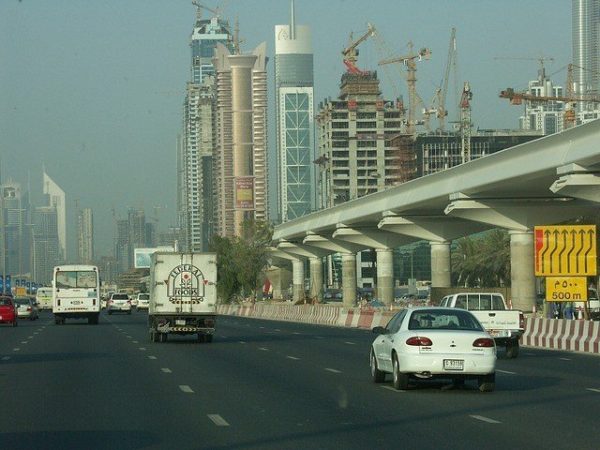
One of the biggest fleet career trends moving into the 2020s is global fleet management. Businesses are constantly expanding overseas and are offering tenured staff with an opportunity to manage global fleet operations.
On one side, global fleet management provides an exciting opportunity to learn a new culture and to develop an operation from scratch. However, on the other side, global fleet management provides a big challenge and even seasoned fleet managers struggle out of the gate.
Why is it so hard to transition into a global fleet management career? Long story short, different regions have different standards and different norms. Global fleet managers need to adapt to these four items.
Different regions have different fleet rules.

Different regions have significantly different rules, which in turn, significantly impacts fleet management.
Consider an example where an American fleet manager moved to Dubai to manage a trucking fleet. Dubai restricts trucks to certain roads and to certain hours. This is significantly different than the US, where trucks are free to travel on most roads and operate at all times.
Hence, one of the fleet manager’s first projects was creating a workflow around complying to restricted roads and work shifts.
Driving norms differ around the world.

Another challenge is adapting to different driving norms. For instance, I recently visited China and made 3 observations.
Firstly, weaving traffic was much more common. Drivers constantly jostled for position by weaving in and out of lanes. Secondly, driving was much noisier because drivers use their horns to get another person’s attention. In fact, I noticed that a lot of drivers substituted a turning signal for a honk. Thirdly, drivers need to share the road with more pedestrians and bikes as compared with North America.
In summary, even seasoned North American drivers will struggle to adapt to Chinese traffic. Hence, as a global safety manager, I would need to relearn driving according to local driving norms so I can create locally compatible driving policies.
Commercial drivers are prone to higher safety risks in certain regions.
Another challenge is adapting to a region’s safety risks. Some regions are more prone to crime and global fleet managers are responsible for creating a safe working environment for their assets. Here are two examples.
Our first example is in Russia. Unfortunately, Russia experiences such a high crash-for-cash incident rate that fleet cameras are almost universal.
Our next example is in Brazil. I recently connected with a Brazilian safety consultant who wanted to solve their national carjacking crisis. The consultant explained that thieves target vehicles that carry high-value goods. In other words, a Brazilian fleet manager needs to strategize on protecting assets against thieves.
Work norms are different across continents.

Lastly, just like any other international jobs, global fleet managers experience work culture shock.
Work cultures are significantly different across continents. For example, consider American and European work cultures. American work culture encourages employees to work outside of office hours to handle emergencies or finish work. On the other side, European work culture generally discourages out-of-office work. In fact, some countries even banned evening and weekend work emails!
Hence, global fleet managers need to adapt their work habits too. For instance, many new international managers learned more effective time management strategies to accommodate for lesser working hours.
Global fleet management is hard, but not impossible.
It’s not easy to move from managing one region to another. However, on the bright side, humans are flexible creatures and most global fleet managers learn to adapt and succeed despite initial struggles. As a result, fleet management joins a multitude of other successful globalized careers


